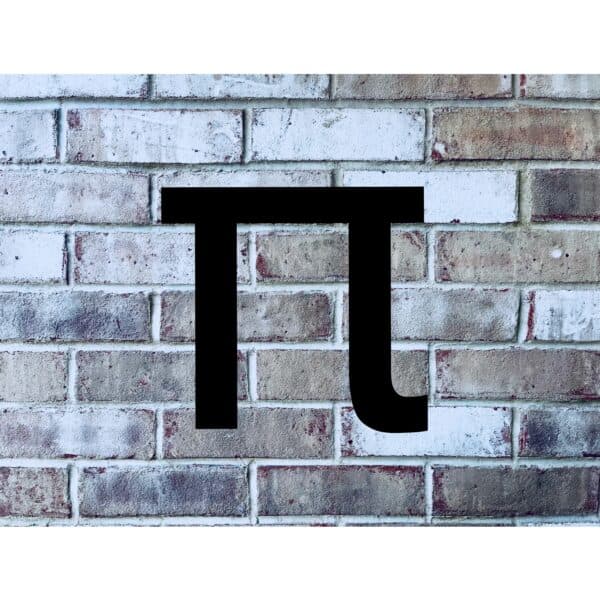Grigore Roșu is a big believer in blockchain and Web3, but knows fragmentation and trust issues are holding it back. His response is Pi Squared, an advanced verifiable settlement layer for AI and crypto. With $12.5 million in seed funding, Pi Squared enables verifiable, cross-chain computation and settlement. That allows apps, agents, and protocols to interact across ecosystems without relying on bridges, centralized parties, or unprovable logic.
A former NASA engineer, Roșu is a professor of computer science at the University of Illinois-Champaign. He developed the K Framework for programming language semantics and was a Day One contributor to the Ethereum Foundation. Before Pi Squared, Roșu founded Runtime Verification, a top Web3 formal verification company. His goal for Pi Squared is to bring the next million developers to Web3 via the K Framework.
Where Web3 must improve
Runtime Verification is Roșu’s response to the plethora of junk in Web 3. This includes critical bugs in major platforms and issues when Ethereum transitioned from proof of work to proof of stake. After multiple companies conducted Ethereum audits, Runtime Verification found three errors, with one critical.
“That was one example that really opened my eyes,” he recalled. “Everything is so fragile.
“And this is just one level of smart contracts. But then there are protocols, all these consensus protocols. Some of them are incorrect, are slow, and get stuck. Some of them claim to achieve consensus, but they don’t.”
While Roșu respects the overall blockchain philosophy, it can improve. Having everything go through one pipe is reminiscent of the old computers that could only conduct one operation at a time. That changed, and so will blockchain.
Pi Squared’s 3 levels of innovation
Pi Squared brings three levels of innovation. Its consensus protocols allow all transactions to be completely independent. They don’t have to wait for each other.
It offers universality for programming languages. Developers can use their favorite without fearing their work will be incompatible with the network. Pi Squared fosters connectivity to any blockchain, eschewing the dominant blockchain philosophy.
“For someone to say they locked $2 billion on their chain, to me, that sounded wrong as a measure of success from the very beginning,” Roșu said. “That only increases fragmentation and silos.
“So, what we decided to do from the very beginning is to connect our set. It’s not a blockchain; let’s say it’s a decentralized network. We connect our network with all the other blockchain ecosystems, layer ones, layer twos, and any application that wants to integrate with us, and give them unlimited access to all the liquidity and activity on all the other games or applications that are collected. It’s a network effect – you have everything.
Web3’s on the upswing
Roșu knows this will improve Web3 programming quality. A second reason the arrow is pointed up is more brighter minds are interested in the space. In the end, better technology always wins.
Novices, if they are even familiar with the term “Web3” may greet discussion of it with a shrug. However, as it matures, it will bring benefits like sub-second transaction speed with improved security. Increased use of security keys will improve transparency and trust.
Not convinced? Consider AI agents; Roșu said we’ll all soon have several. Those agents must facilitate rapid micropayments and data settlement. Your grandma’s blockchain won’t cut it.
“Blockchains are very slow and very expensive,” he said. “That’s because they enforce a total order on the entire world. You don’t need a total order for payments, asset transfers and settlement.
“One innovation at Pi Squared is that it allows you to complete payments and settlements very efficiently and very cheaply, in a fraction of a second. Everything can be done completely independently of everything else and in parallel. There is no TPS; it’s completely arbitrary. If you need more transactions per second, add more validators to the network.”
Quantum computing problems are solvable
Many fear the threats from quantum computing. While he acknowledges them, Roșu said they are overblown. Some cryptographic primitives are quantum-safe. Strong cryptographers can adapt their work so it is quantum safe.
“That means that when quantum computers are ready, we will also be ready for them,” Roșu vowed. “We will have cryptography that will be safe with respect to quantum computing.”
Social consensus will also have a role in adapting to quantum-level security.
“Once that happens, when somebody guesses Satoshi Nakamoto’s password, the protocol will not allow people to move anything from those accounts.”



